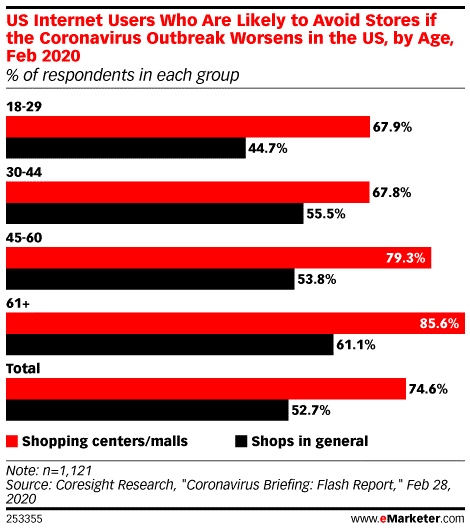As the world grapples with the repercussions of the Covid-19 pandemic and the entertainment industry contends with continued contraction due in part to two recent Hollywood strikes, industry professionals face even more challenges to their mental health. Sarah McCaffrey, a mental health expert based in the UK, familiar with the unique pressures of set life, points out that the entertainment sector, largely powered by freelancers, inherently possesses ‘low certainty and low control’. As the founder of mental wellness firm Solas Mind, McCaffrey notes that there is an underlying anxiety among people about the future of the industry, questioning the steadiness of their employment, and the duration of the purported contraction.
Some industry members are in the process of deciding whether they should remain in the domain, while others who have returned to set are grappling with a difficult re-assimilation. McCaffrey observes the stress that inevitably accompanies this ‘readjustment’ period, as professionals are reminded of how demanding their jobs can be. Another layer of complexity is brought about by ‘impostor syndrome’, which often affects people who are reconnecting with their roles after a considerable break, as noted by Noelle Adames, a mental health consultant working with The Artist Wellbeing Company, based in the UK.
Mental health experts stress the pressing need for onsite psychological support for those struggling with these challenges. According to Adames, a mental health professional on set can act as a ‘safety net’ for anyone experiencing instability, offering help to everyone from cast to crew members. They note the wide range of benefits such on-set support can provide, ranging from individual to collective impact.
Barton Goldsmith, a Los Angeles-based mental health professional who has been involved in production since 1985, recognizes the value therapists can bring in navigating emotionally intense material. This could range from dealing with topics such as domestic violence, teen pregnancy, or end-of-life narratives. Goldsmith believes the presence of a therapist should be mandatory on every set, primarily when productions involve children, romantic storylines, or potentially hazardous situations.
McCaffrey further underlines the critical role therapists can play: they can help individuals handle the inherent demands of production work, which typically involves long, intense hours. She emphasizes the difficulty in maintaining a healthy work-life balance since time for personal restoration is typically in short supply. In light of these restrictive schedules, on-set therapists often end up supplanting the therapists that crew and cast members would normally see outside of work hours.
Goldsmith explains that where there exists stress, they find methods to alleviate it. This could involve issues pertaining to family, finance, relationships, or unexpected personal crises. Although The Artist Wellbeing Company primarily functions in a digital realm, according to Adames, on-set therapists usually collaborate closely with HR and intimacy coordinators, and consult with producers to identify unique challenges presented by a particular production.
According to Adames, on-set therapists work on establishing their presence early in the production by visiting common spaces such as the catering area or hair and makeup trailer. When present on set, they balance active involvement and attentive availability without becoming intrusive. The therapeutic techniques applied on the set can vary, similar to those in a conventional therapy setting. These can include visualization, breath work, and grounding exercises, among others.
Goldsmith echoes the sentiment that the ultimate goal is enabling people to foster a ‘skill set’ that helps them maintain a positive mindset, albeit the hefty challenges, particularly in the notoriously harsh Hollywood environment. Confidentiality, a cornerstone in any therapeutic practice, is equally essential on set. Adames takes great pains to reassure her clients that her company’s relationship is separate from the production entity itself.
When communicating therapy participation rates to production, The Artist Wellbeing Company refrains from sharing sensitive data such as names or any detailed personal information. In spite of being a burgeoning field, on-set therapy seems to be more commonly practiced in the UK than in the US. However, the professionals interviewed unanimously agreed that such services are rarely accessible, irrespective of the employer or location of the shoot.
In the broader production process, therapy services should be perceived not as optional, but as an integral element from the onset. These services can prove to be a valuable asset for the entire production unit, conserving both time and money. As for individuals in the film and TV industry who are struggling mentally but lack access to professional help, therapists encourage them to find ways to address their emotions and prioritize self-care.
Despite the existing trials imposed by the industry, individuals are encouraged to forge ahead, and to seek assistance when required. Undeniably, the current circumstances of the industry can be daunting, but with appropriate support and the persistence of its workforce, it can navigate through these tumultuous times.


